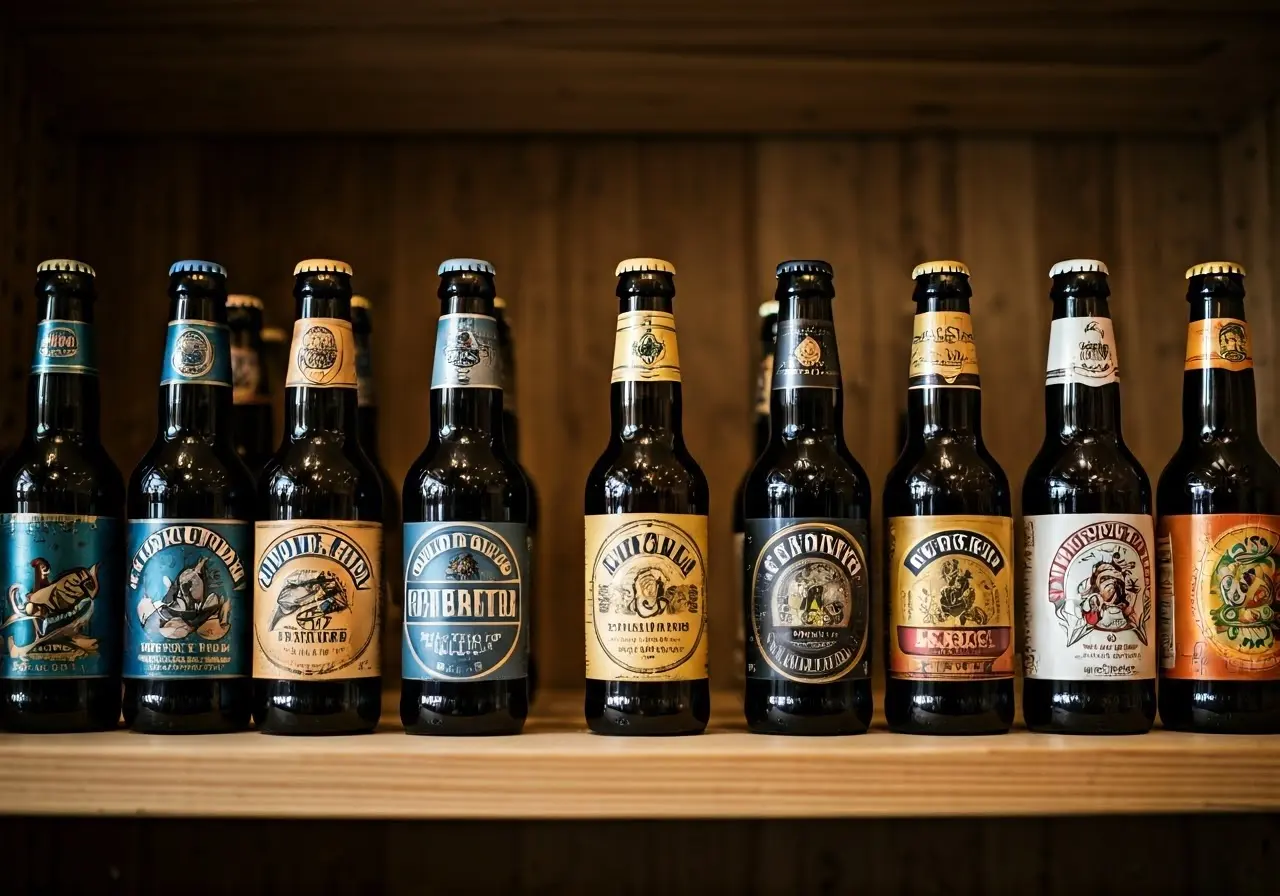
In recent years, craft breweries have been shifting gears to include alcohol-free options in their lineup. These innovative brews are capturing the attention of beer enthusiasts and casual drinkers alike. But what’s fueling this rise in popularity? Let’s dive into the world of alcohol-free beer and discover why it’s becoming the next big thing in craft brewing.
The Rise of Alcohol-Free Beer
Across the globe, the demand for alcohol-free beer has surged. This trend is driven by health-conscious consumers seeking alternatives that fit their lifestyle, without the aftereffects of alcohol. Craft breweries are responding to this shift by perfecting their recipes to offer full flavor without the buzz.
In a world where consumers are increasingly looking to balance enjoyment with mindfulness, alcohol-free beers offer the perfect solution. They let people savor the craft without the consequences, a prospect that has piqued the interest of many. It’s fascinating to see how some pubs are even dedicating shelves exclusively to these beverages, reflecting their growing popularity. With international brands and local breweries hopping aboard the alcohol-free bandwagon, it’s not just a trend—it’s a movement reshaping the beer landscape.
While the concept of alcohol-free beer isn’t entirely new, its reinvention in the craft brewing industry is. Until recently, non-alcoholic options were seen as secondary, but their growing mainstream acceptance has elevated them to star status. New brewing methods and a focus on quality are addressing past criticisms, making these beers not only palatable but delightful. Craft breweries are leading this change, propelling alcohol-free beer to the forefront of the market.
Crafting Flavorful Alternatives
One of the main challenges for brewers is maintaining the complex flavors craft beer lovers expect, even in alcohol-free versions. Through innovations in brewing techniques and ingredients, breweries are creating alcohol-free beers that don’t skimp on taste or quality.
Harnessing techniques like vacuum distillation and advanced fermentation processes, brewers are able to preserve the rich taste profiles that define craft beers. These processes ensure that the essence and aroma of traditional brews remain intact even when stripped of alcohol. Modern brewing technology has made it possible to experiment with a plethora of flavors, ranging from the citrusy notes of a pale ale to the deep maltiness of a stout, all in non-alcoholic versions.
Health and Wellness Factors
With a growing focus on health and wellness, more people are opting for beverages that align with their dietary preferences. Alcohol-free beer is low in calories and doesn’t carry the health risks associated with alcohol consumption, making it an appealing option for a wide range of consumers.
The rise of alcohol-free beer is part of a larger wellness movement. As individuals become more health-conscious, they seek low-calorie drinks that don’t compromise their nutritional plans. Alcohol-free beers offer a guilt-free option, packed with potential health benefits like reduced risk of liver damage and dehydration. They are also an excellent choice for those managing dietary conditions, as many options are gluten-free or vegan, catering to a broader audience.
Cultural Shifts and Social Acceptance
Social attitudes towards drinking have evolved, with more people embracing a sober lifestyle or choosing moderation. Alcohol-free beers allow individuals to participate in social rituals and gatherings without feeling left out or facing peer pressure to drink.
As society increasingly embraces diversity and choice, the alcohol-free trend shows the shift towards inclusivity. People from different cultural backgrounds and lifestyles are finding common ground over a shared appreciation for unique brews. This cultural shift towards social acceptance is also breaking down stereotypes associated with non-drinkers, creating an environment where choosing not to drink is met with understanding and encouragement.
The Future of Craft Breweries
As breweries realize the potential market for alcohol-free options, they are investing more in research and development. This effort not only diversifies their offerings but also opens up new market opportunities, proving that the future of craft beer is inclusive and expansive.
Innovative breweries are looking beyond traditional methods, employing scientific advancements and consumer feedback to refine their recipes. As this segment of the industry evolves, there’s a strong focus on producing quality beverages that can be enjoyed by everyone. Many breweries are now offering tasting experiences, educating consumers about the subtle nuances and complexities of alcohol-free beers. The future looks bright as breweries continue to push boundaries, broadening their audience beyond traditional beer drinkers to craft enthusiasts of all types.
As consumer preferences continue to steer the beer industry towards more inclusive offerings, alcohol-free beer is paving the way for a new era in brewing. Craft breweries are at the helm of this transformation, championing diversity by engaging a broader demographic. This evolution isn’t just beneficial for breweries; it creates a more inclusive world that celebrates choice and individuality, ensuring everyone can partake in the joys of craft beer.
A Toast to the Future of Beer
Alcohol-free beer is not just a fleeting fad—it’s a reflection of changing consumer preferences and a growing demand for healthier choices without compromising on flavor. As craft breweries continue to innovate and expand their offerings, alcohol-free options are set to become a staple on taps around the world. Cheers to enjoying good taste, responsibly!

